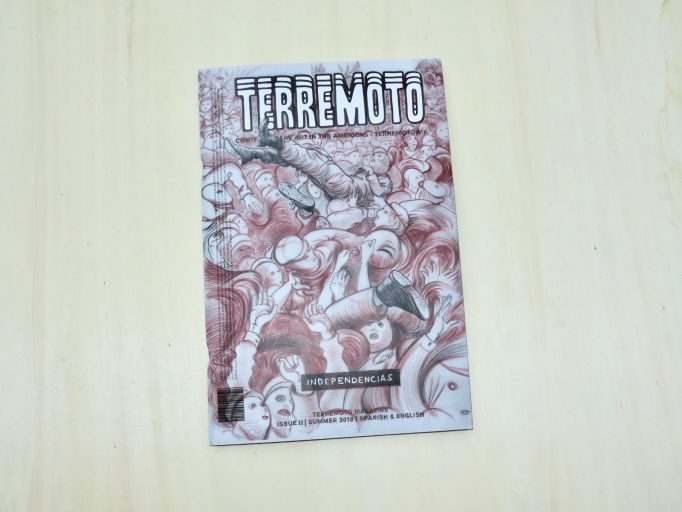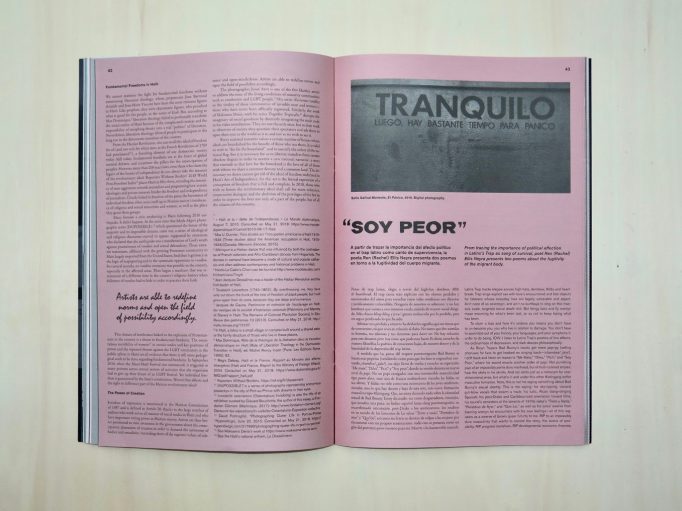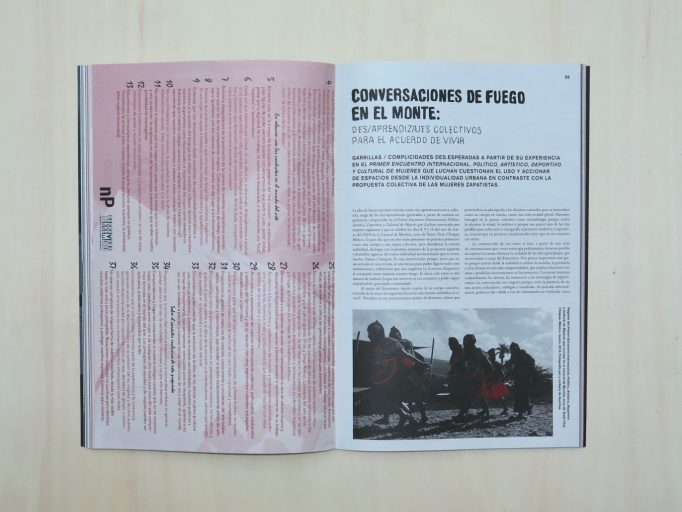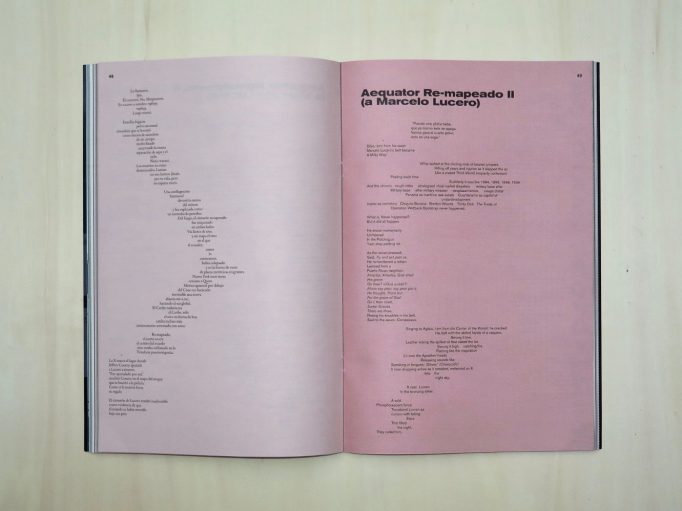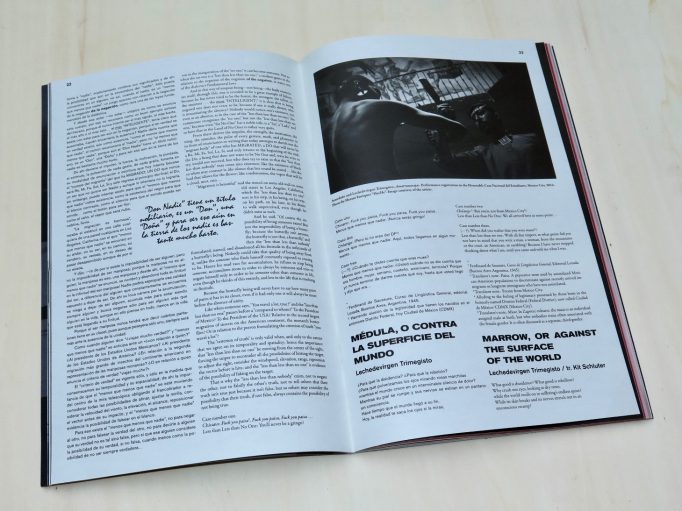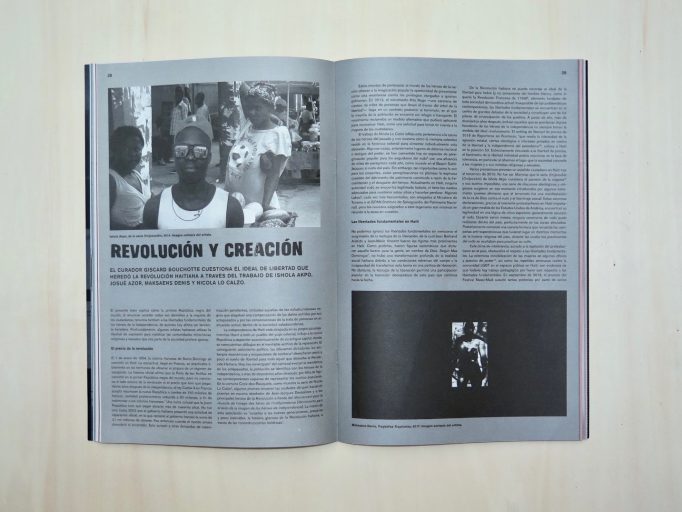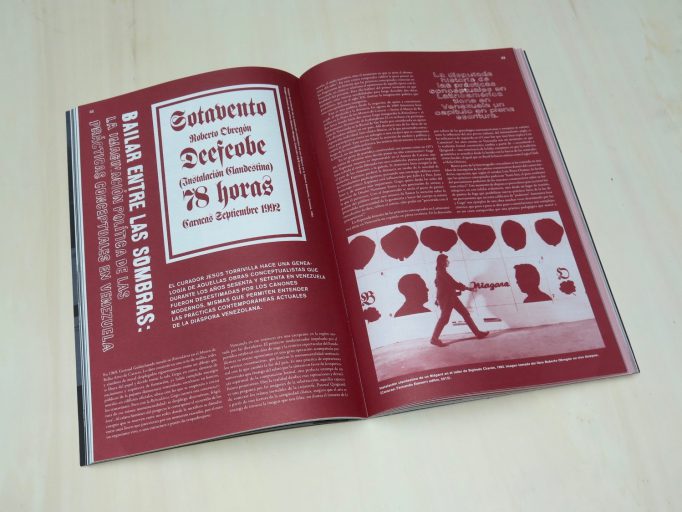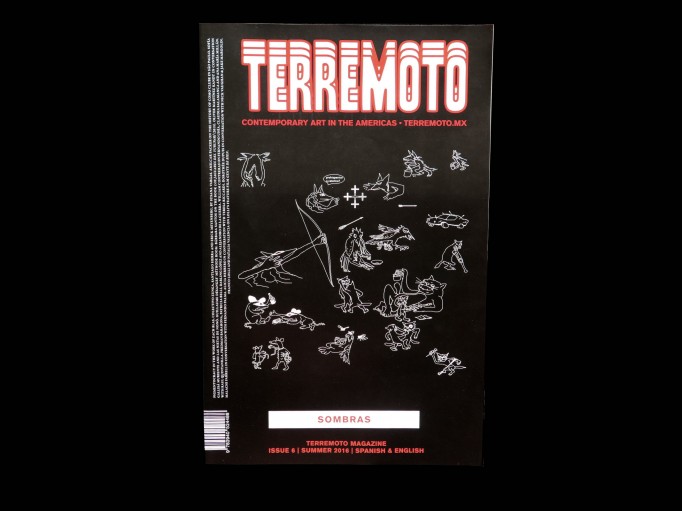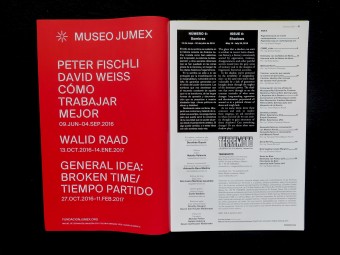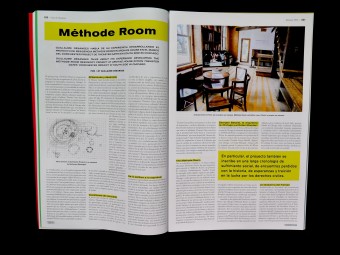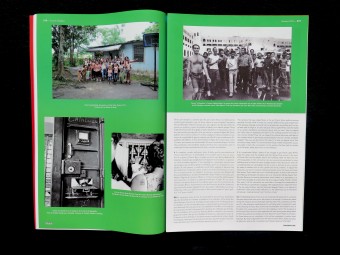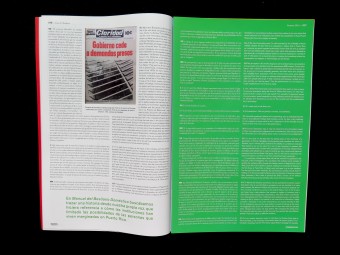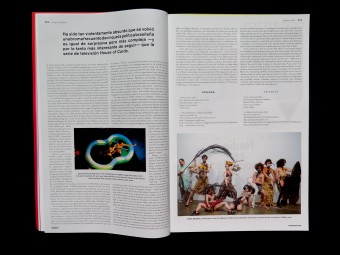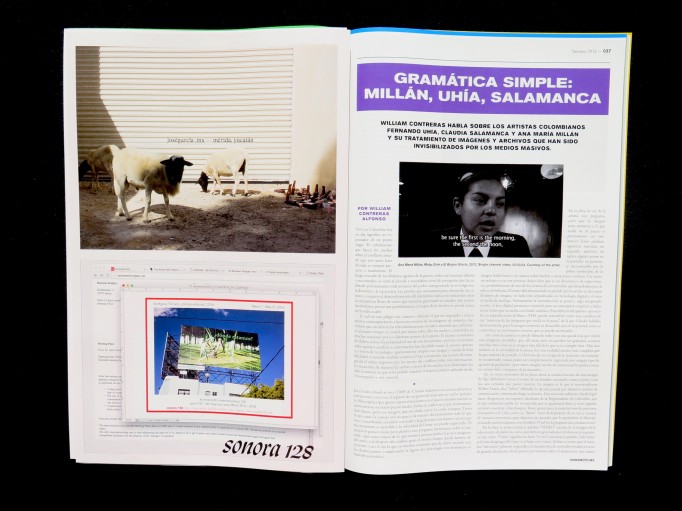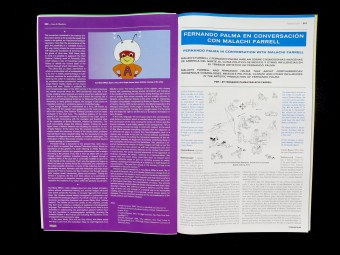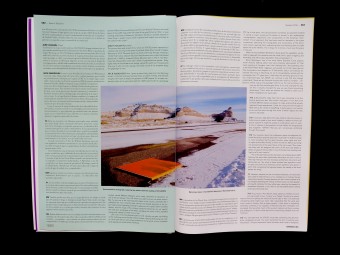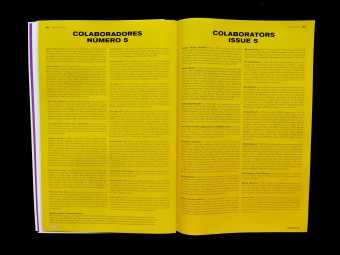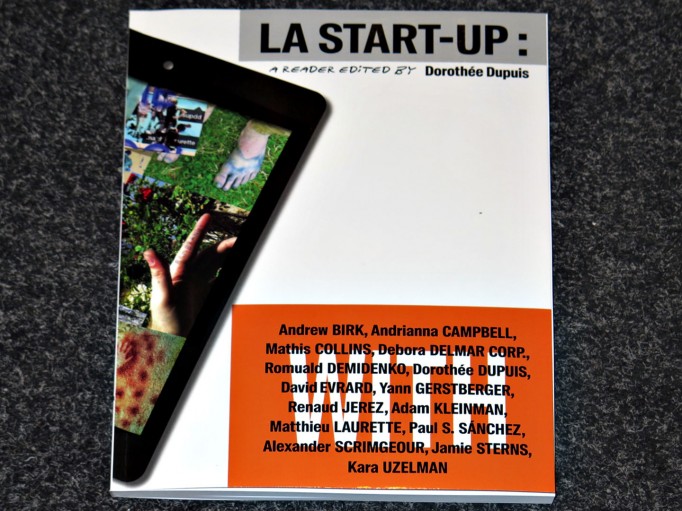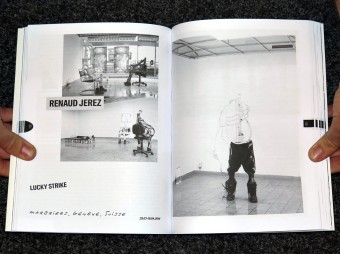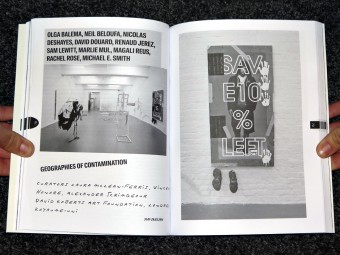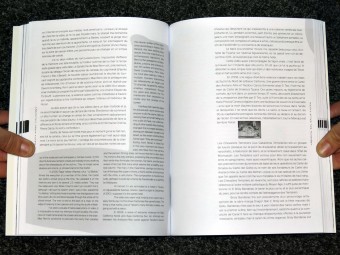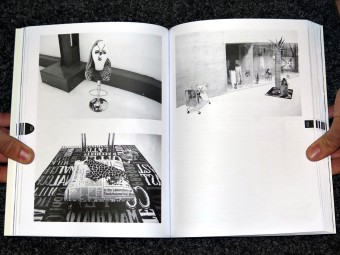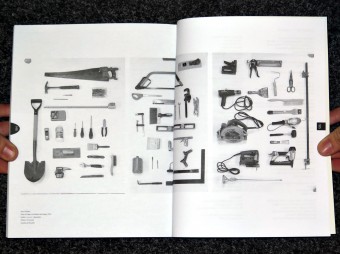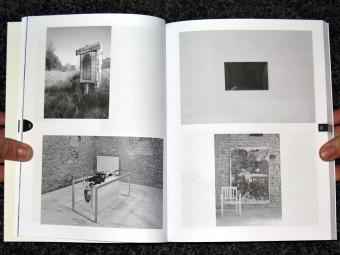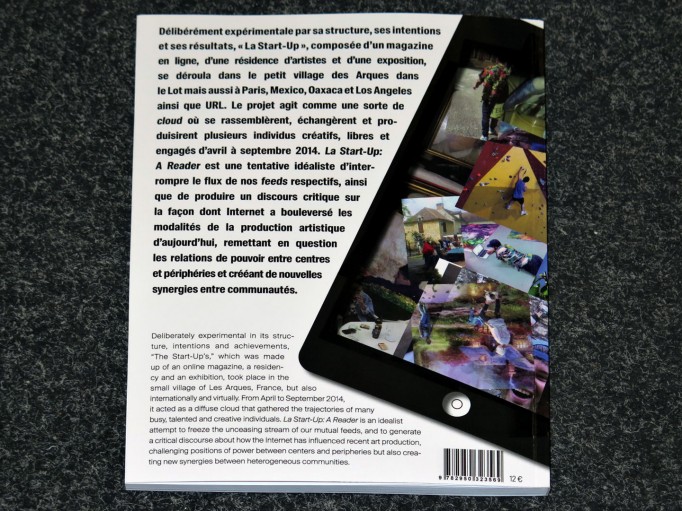



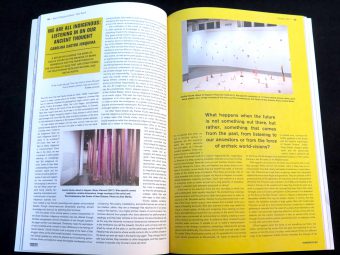
In 1985, British movie director Terry Gilliam releases Brazil, a free adaptation of George Orwell’s novel 1984 (currently hitting again best-seller list in the USA). Borrowing its title from Ary Barroso’s song Brazil, after Gilliam allegedly heard it while scouting in a horrible small industrial town in the north of England, the movie is a fable about humanity’s alienation in contemporary bureaucratic and capitalist systems, and affirms the power of imagination, dream, and affect as potential tools of resistance and escape in a surrealistic, post-Monty Python tone.
2017: in Brazil, the repercussion of “Lava Jato Operation” now infiltrates all layers of the Brazilian upper class and beyond, and will likely force Michel Temer, Brazil’s coup-monger president, to move out of the presidential house imminently, and this time, not because of alleged ghosts. The “Brazilian Miracle” is definitely outdated, and the major non-Hispanic country of Latin America is experiencing the worst political and institutional crisis of its history. On the other hand, a national council of Mexican indigenous groups backed by the Zapatista rebels just selected Maria de Jésus Patricio Martínez, a Nahua woman, as the country’s first indigenous presidential candidate. This as Mexico is said to enter the world’s 10 largest economies in the next few years, dangerously challenging its northern neighbor, for better or for worse.
Cards are shuffling quickly in the Americas and it seems that what we once expected from the north or the south might soon not matter anymore. Could it be time to reconsider our origins, to invent a new future, to finally get rid of our displaced modern ambitions and appropriate critically the performance of the exotic that cursed us for so long? In this issue of Terremoto, we will talk about places which don’t really exist as such, identities traded for others, landscapes that imprison us or, on the contrary, set us free, trying to set our landmarks aside as we look for a path towards new forms of consilience.
With contributions by: Fernanda Brenner, Tiago Carneiro da Cunha, Hank Willis Thomas, Modou Dieng, Devon Van Houten Maldonado, Pedro de Niemeyer Cesarino, Carolina Castro Jorquera, Cecilia Vicuña, Gabriel Mejía Abad, Marilia Loureiro, Pedro Victor Brandão, PDP (Public Display of Professionalism), Maria do Carmo M. P. de Pontes, Ilê Sartuzi, Ana Vaz, Luiz Roque, Cristiano Lenhardt, Bárbara Wagner, Benjamin de Burca, Paulina Ascencio, Fabiola Torres-Alaga, Alberto García del Castillo, César Zegarra, Susana Vargas Cervantes, Veronica Stigger.
Buy
